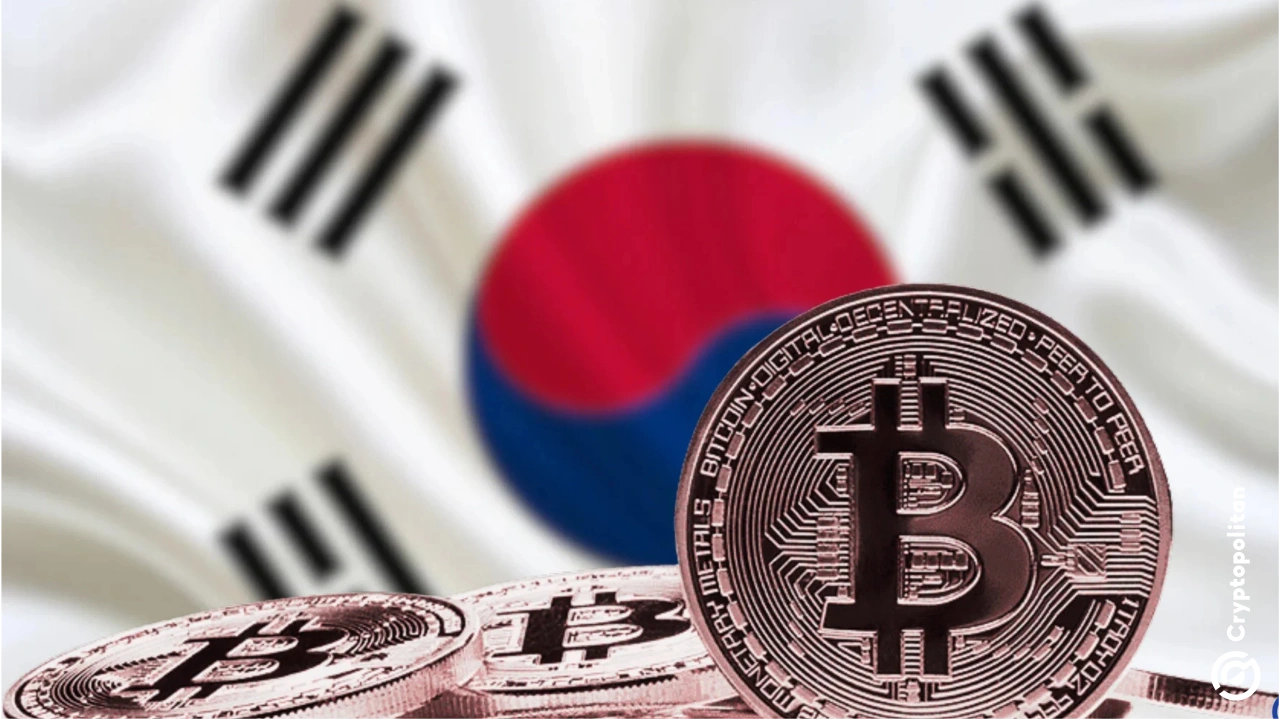South Korea presidential candidate Lee Jae-myung has promised to legalise spot Bitcoin exchange-traded funds (ETFs) and implement more crypto-friendly regulations if elected.
Lee unveiled his crypto agenda on Tuesday, presenting it as part of a strategy to increase financial opportunities for the country’s youth ahead of the June 3 elections.
“I will create a safe investment environment so that young people can build assets and plan for the future,” The Korea Economic Daily quoted him as saying.
Opposition party backs crypto-friendly policies
The presidential candidate’s campaign promises also include lowering transaction fees and strengthening consumer protections for crypto investors. This marks the first time Lee has addressed digital assets during his presidential run, although his party previously made similar pledges during the 2024 general election. Progress on those promises, however, stalled, according to KED.
Notably, Lee’s main political rival, Kim Moon-soo of the ruling People Power Party, has put forth his own digital asset proposals, including allowing spot crypto ETFs and scrapping the country’s one-exchange-one-bank rule—a measure intended to limit money laundering by requiring exchanges to partner with a single local bank.
Kim has also proposed allowing public institutions like the National Pension Service and the Korea Investment Corporation to invest in virtual assets to enhance market stability and trust.
He argued that such moves would “enhance the market’s reputation and stability, especially for younger investors.”
Kim also desires to create a stronger institutional framework for crypto to protect inexperienced traders from financial losses.
Growing crypto participation across South Korea
This increased political focus on cryptocurrency aligns with its growing mainstream appeal. As of early 2025, over 16 million South Koreans—about 32 percent of the population—hold accounts with domestic crypto exchanges such as Upbit, Bithumb, and Coinone.
That figure alone surpasses the 14.1 million individual stock investors reported at the end of 2024, indicating a clear shift in retail investment preferences.
The country’s crypto participation rate places it ahead of many global peers, not driven by economic instability but by a highly digital-savvy population. South Korea’s strong digital infrastructure and familiarity with high-speed finance platforms have made crypto trading nearly as accessible as traditional mobile banking.
As election day approaches, both leading candidates promise that digital assets will be a decisive issue that may shape the country’s future economic direction.
















